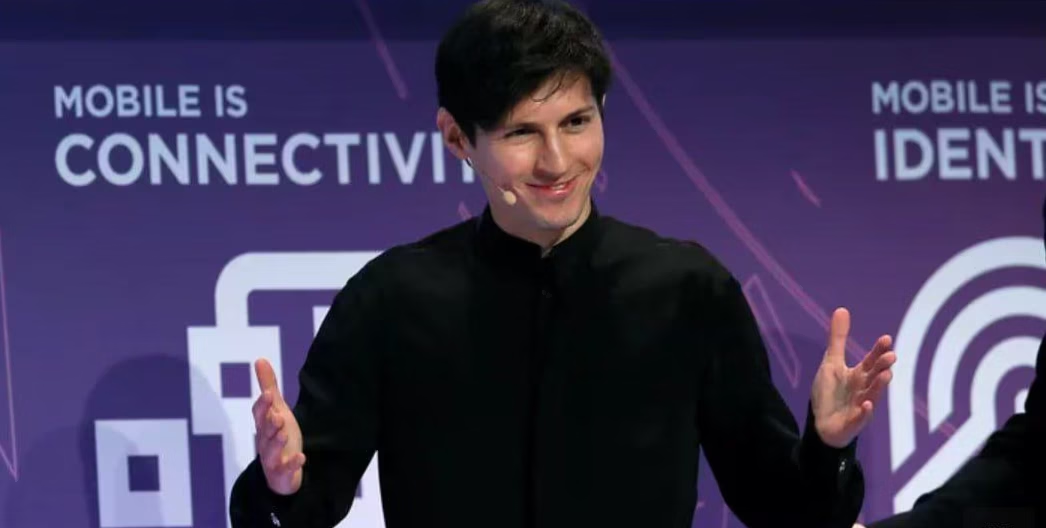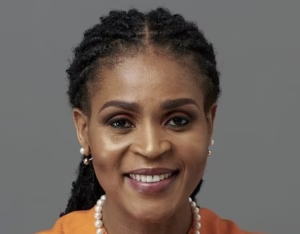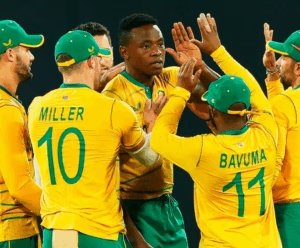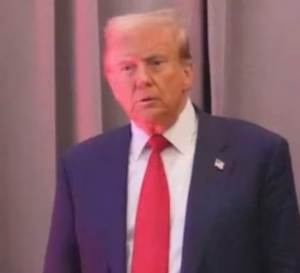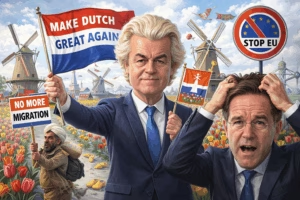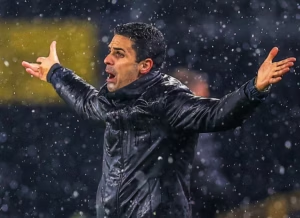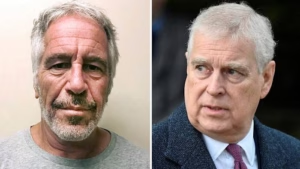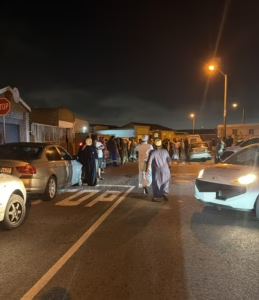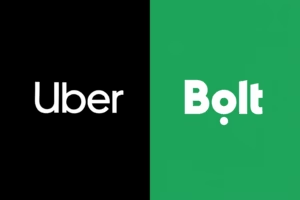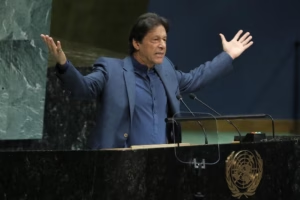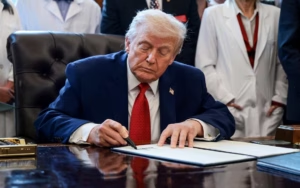Telegram founder Pavel Durov has accused the French intelligence services of attempting to use the platform as a tool to influence Moldova’s 2024 presidential elections. In a statement, he claimed that intermediaries acting on behalf of French authorities approached him while he was in Paris with a request to censor political voices in Eastern Europe.
“About a year ago, when I was stuck in Paris, the French special services contacted me through an intermediary with a request to help the Moldovan government censor certain Telegram channels before the presidential elections in Moldova.”
Durov explained that after receiving the first list of channels from both French and Moldovan authorities, his team investigated and identified several accounts that violated Telegram’s internal rules. These were removed in line with the platform’s policies. However, he said that the manner in which the request was framed raised serious ethical and legal concerns.
“The intermediary then told me that in exchange for this cooperation, the French intelligence would ‘say good things about me’ to the judge who issued the arrest warrant for me in August last year.”
Questions over judicial independence
The Telegram founder stressed that such an arrangement would be troubling under any circumstances, noting that it risked undermining judicial independence in France.
“This was unacceptable for several reasons. If the agency really contacted the judge — it meant an attempt to interfere in the judicial process. If not, and they only claimed to have done so, then they used my legal status in France to influence political events in Eastern Europe — a scheme we also observed in Romania.”
By linking the alleged offer to his ongoing legal challenges, Durov argued that his case in France was being leveraged in an attempt to secure political concessions elsewhere.
A second request and refusal
Durov went on to claim that Telegram later received another list of “problematic” Moldovan channels. This time, he said, the channels showed no clear rule violations and were removed only because of their political content.
“Shortly after that, the Telegram team received a second list of so-called ‘problematic’ Moldovan channels. Unlike the first, almost all these channels were legitimate and fully complied with our rules. Their only commonality was that they expressed political positions unfavourable to the French and Moldovan governments.”
He added that Telegram rejected this request, emphasising that the platform would not be used to silence dissenting political voices.
Telegram’s stated commitment to free expression
Durov reiterated his company’s stance on freedom of speech, declaring that Telegram would resist pressure from governments seeking political censorship.
“We refused to comply with this request.”
“Telegram is committed to freedom of speech and will not remove content for political reasons. I will continue to expose every attempt to pressure Telegram to censor our platform. Stay tuned for updates.”
The claims highlight the complex role social media platforms play in political events, where governments often argue for regulation in the name of security, while platforms position themselves as defenders of free expression. Whether these allegations prompt formal responses from French or Moldovan authorities remains to be seen, but the matter is likely to fuel ongoing debates about the independence of digital platforms and their relationship with state power.

